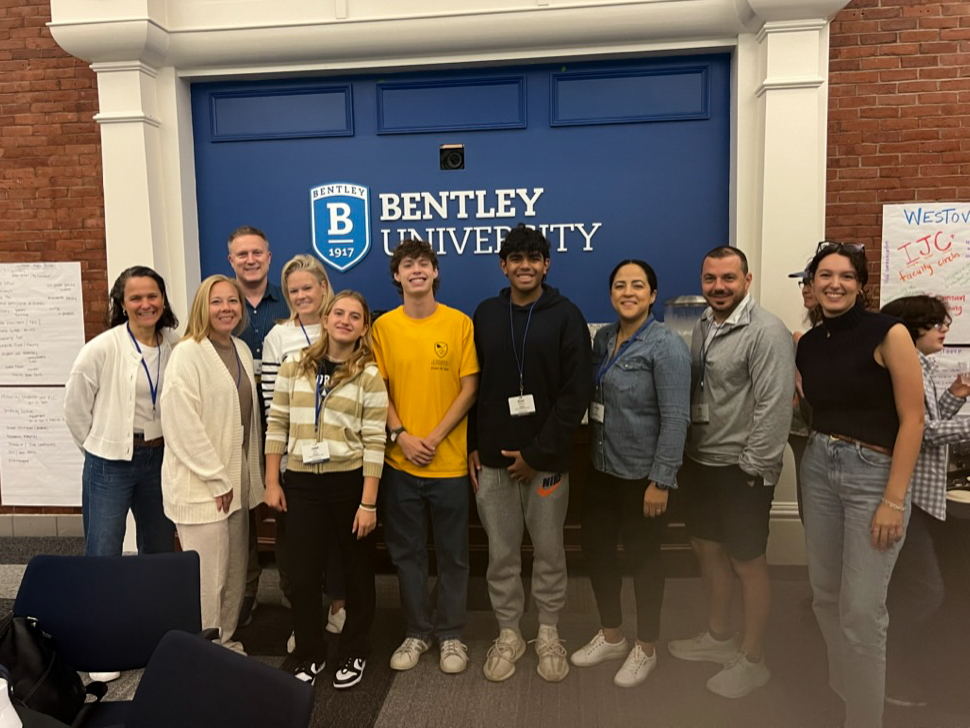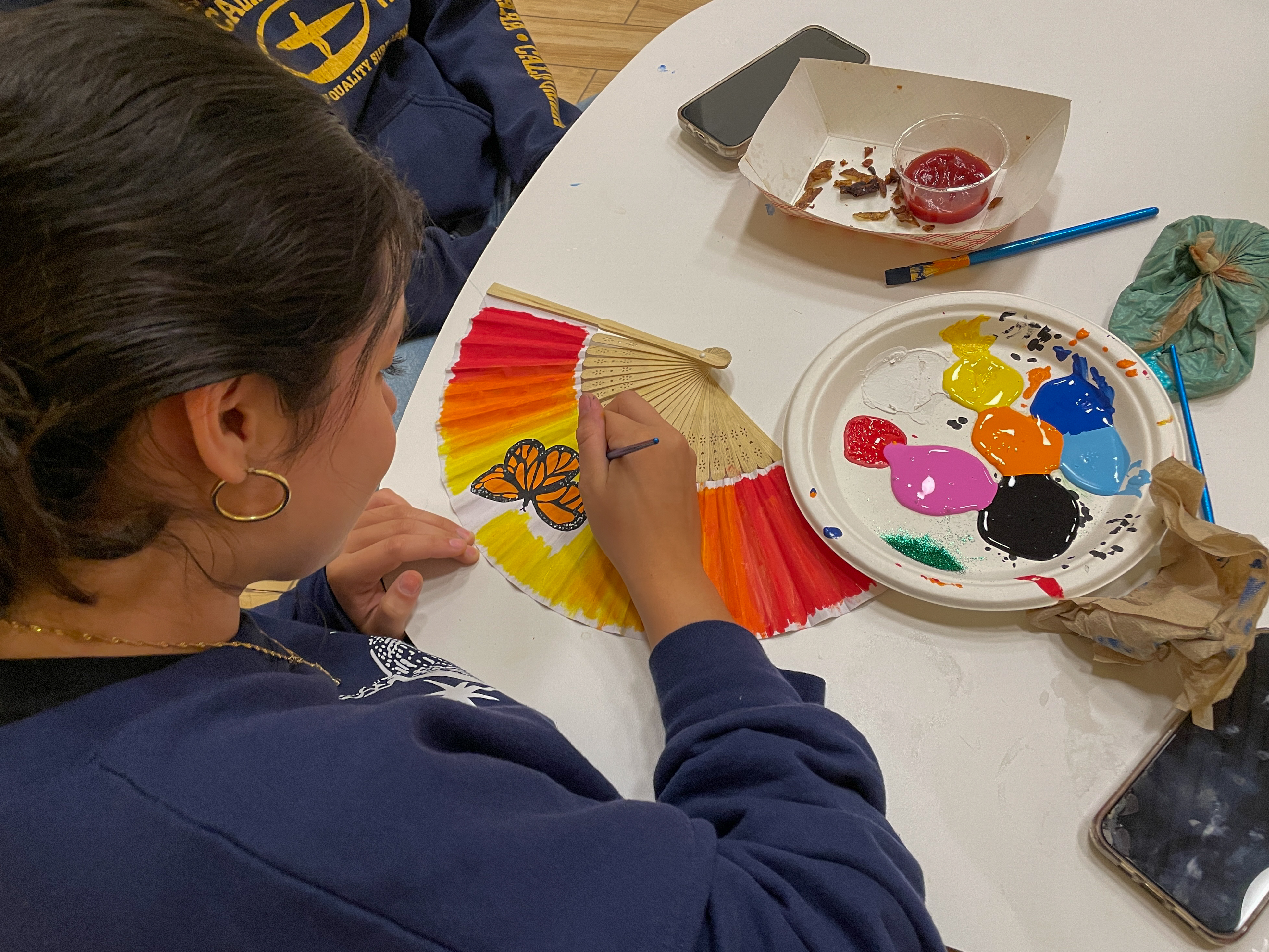This year, the School transferred to a new notification system, RAVE Alert, recognizing the importance during emergency situations for every member of the Choate community to not only receive some type of notification but to take correct action. During the year’s first school meeting, students were asked to download the RAVE Guardian app, one of the components of the new system.
Prior to RAVE Alert, the School used the Mitel Mass Notification system, more commonly known as BlazeCast. According to Director of Information Technology Services Mr. Andrew Speyer, the transition process began two years ago, and Choate began granting funds towards the development of the program this past year for its implementation over the summer.
The impetus for the transition came from the general slowness of the Mitel Mass Notification system. “The old system could take up to nine minutes to get the message out completely to all the different spaces,” said Mr. Speyer. “We wanted something that would get us about three to six minutes.” The RAVE Alert system is cloud-based and does not inundate the poles of carriers, which led the older systems to operate slowly at during periods of high traffic.
Beyond speed, the notification system offers several other improvements. The SMS component of the RAVE Alert system signs up everyone in the Choate community by default, unlike the old system, which required an opt-in. RAVE Alert also facilitates international calling, and allows respondents to share their safety status via text messaging or the app.
The RAVE Guardian app allows customization — users can create their own emergency contacts and set their preferred notification radius — and has six main features, including a call directory and a list of emergency procedures. The entire system is “more user-friendly and more dynamic,” said Director of Communications Ms. Alison Cady.
The School acknowledges that, while it is an impressive piece of software, the RAVE app comes with its shortcomings. Of the four layers of the emergency protocol — SMS messaging, emailing, calling mobile phones, and sending messages to speaker systems (or calling classroom phones) — Mitel still dictates the speaker systems aspect. “There are limitations to us getting messages to the far reaches of campus where we might not have Wi-Fi signal or connection,” said Ms. Cady. In the coming years, Mr. Speyer hopes to eventually replace the phone system with a cloud-based system to stop using Mitel completely.
Moreover, Ms. Cady acknowledged that bugs may yet be found in the entire system. “We probably would need to test [it] a few more times to make sure that it’s working exactly the way that we want [it] to,” she said.
Javier Castillo ’20, a prefect in Memorial House, stated that, “I think that we saw in the lockdown drill last week that the school is ramping up the levels of communication to a student to make sure that each and every one is informed of the situation; RAVE helps by providing another layer of resources.”
And so, even as the School begins to make use of a technologically-advanced emergency app, individual preparation is critical to ensure the safety of all students. Ms. Cady said, “The most important thing that we can do in response to a crisis is actually before the crisis happens — that’s to be prepared, to review our procedures, understand how we’re going to get messages, and practice the drills.” The aim, she said, must be to gain “much more muscle memory and understanding of how we should respond.”




